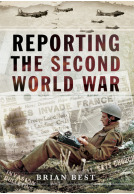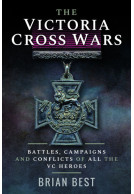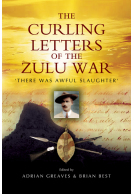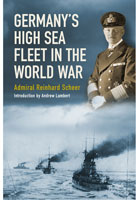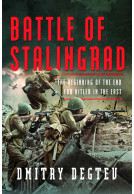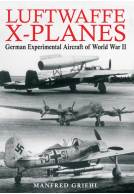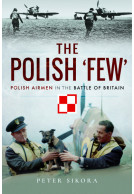Fighting for the News (Hardback)
The Adventures of the First War Correspondents from Bonaparte to the Boers
BBC Radio Lincolnshire and BBC Radio Humberside
BBC Radio Lincolnshire and BBC Radio Humberside will be speaking with author Brian Best on their programme Sunday, 4th September at 4pm broadcast across Lincolnshire, Humberside and East Yorkshire 94.9fm and 95.9fm. You can also listen to the talk via their website and on Freeview channel 722.
(click here for international delivery rates)
Order within the next 9 hours, 20 minutes to get your order processed the next working day!
Need a currency converter? Check XE.com for live rates
| Other formats available - Buy the Hardback and get the eBook for free! | Price |
|---|---|
| Fighting for the News ePub (3.6 MB) Add to Basket | £6.99 |
It is now two centuries since a newspaper conceived the idea of sending a reporter overseas to observe, gather information and write about war.
With no experience to draw upon, both newspaper and correspondent gradually worked out a procedure that has evolved into today’s incredibly sophisticated and unrecognisable form.
The first special correspondent employed by a newspaper to gather information about a current war was Henry Crabb Robinson. In 1807, the proprietor of The Times, John Walter II, sent this thirty-two-year-old lawyer to act as their ‘man in Germany’, ostensibly to follow and report the movements of Napoleon’s Grande Armée. He was almost arrested, escaping from the Continent in disguise, the first of the many exploits and adventures of this bold group of individuals undertook to bring news from the seat of war.
This included William Russell in the Crimean War, whose reports helped bring down the Government, and perhaps the most famous correspondent of all, Winston Churchill, who reported on conflicts in Cuba, the Indian frontier, Sudan and the Boer War.
Brian Best is an expert on the Victoria Cross and in Fighting for the News he traces the extraordinary adventures of the first war correspondents from Napoleon to the Boer War.
Evergreen, Spring 2017
It is now two centuries since a newspaper conceived the idea of sending a reporter overseas to observe, gather information and write about war. With no experience to draw upon, both newspaper and correspondent gradually worked out a procedure that has evolved into today s incredibly sophisticated and unrecognisable form.
Pennant, Forces Pension Society
When Kathy and I lived in Hong Kong in the 80s she was a member of the Foreign Correspondents’ Club where we met war correspondents from around the world. This book focuses on the adventures of the first War Correspondents, from Bonaparte to the Boers. It is some 200 years since a newspaper conceived the idea of sending a reporter overseas to observe, gather information and write about war – in 1807 The Times dispatched Henry Crabbe Robinson to Germany to follow and report on the movements of Napoleon’s Grande Armee. ‘Old Crabby’ was a gregarious bachelor with a gift for languages who could fit into any company. In many ways he was the archetypal foreign correspondent. Robinson was followed by William Russell in the Crimean War and perhaps most famously of all, Winston Churchill, who reported from many fronts.
Action-Adventure Historical Fiction, Julian Stockwin
Reporters have an important job to do - this book reveals some of the hazards of reporting from the front line and the risks taken by members of a profession that doesn't have a terribly good reputation...
Books Monthly, November 2016 – reviewed by Paul Norman
About Brian Best
BRIAN BEST has an honours degree in South African History and is a Fellow of the Royal Geographical Society. He was the founder of the Victoria Cross Society and edited its Journal for many years. Brian also lectures about the Victoria Cross and War Art. He is married and lives in Rutland.










